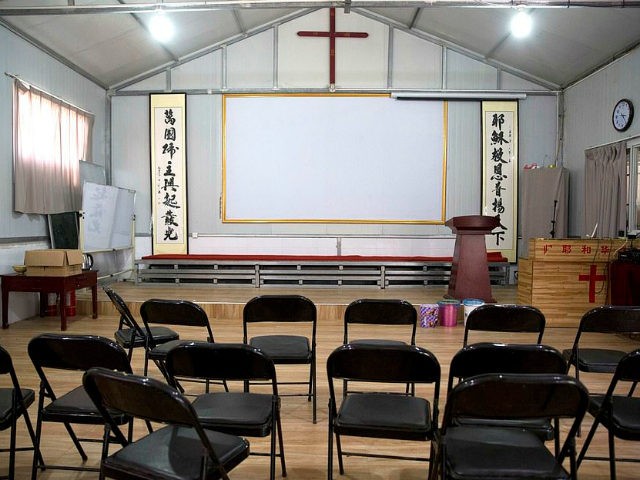The city of Guangzhou in southern China is offering a substantial cash reward, worth about $1,500 in U.S. dollars, to citizens who report “illegal religious activities” and help authorities crack down on underground churches.
Warm approval for the program by Chinese media suggests the practice will spread to other cities as the Communist Party works to “Sinicize” – in other words, subdue and control – all religions.
The South China Morning Post reported the government pays citizens extra money if their tips lead to the arrest of non-Chinese religious leaders or the shuttering of foreign religious groups.
Guangzhou began recruiting snitches after China’s religious regulations were rewritten to give more power to local officials.
The central government wants local officials to crack down on “unsanctioned religious venues, groups, institutions, activities, donations, training, and conferences” that could “endanger national security and disturb public order,” as the SCMP put it.
Ying Fuk-tsang of the Chinese University of Hong Kong’s Divinity School of Chung Chi College predicted the Guangzhou program will “compress the survival space of house churches” because “not only will they have to deal with the official crackdown but now also the threat from their neighbors.”
The SCMP noted another district in China, the province of Henan, also has municipalities where financial incentives are offered to “whistleblowers” who report unauthorized religious gatherings to the authorities.
China’s state-run Global Times hailed Guangzhou’s religious regulators as pioneers who are helping to shield China against the “increasing tendency among overseas forces to use religion to infiltrate into China and conduct activities that are intended to split and Westernize the country.” South Korean religious groups were singled out as a particular concern.

COMMENTS
Please let us know if you're having issues with commenting.